South Korea to develop two COVID-19 vaccines by end-2022
There are currently five local pharmas developing the vaccine.
South Korea may develop two homegrown vaccines against COVID-19 as early as this year or early 2022, with two of them expected to conduct phase two or three clinical trials by the end of the year, health minister Kwon Deok-cheol said during a radio talk show.
"We expect the approval as early as the end of this year or early next year," Kwon said, adding that members of the general population are expected to be inoculated with the homegrown vaccines next year.
Currently, five local pharmaceutical firms are developing the new coronavirus vaccines. The government has been pushing for homegrown COVID-19 vaccines from the early stage of the outbreak to accelerate its inoculation campaign against the pandemic.
South Korea has already secured COVID-19 vaccines from multiple global pharmaceutical companies to inoculate 99 million people, more than its 52 million population, to create herd immunity by November.
The country's vaccination campaign, which began in February, has recently picked up steam, with more than 2.26 million people receiving their first jabs as of 25 April. Still, lingering woes over a timely supply of vaccines remained high amidst another looming wave of the pandemic.
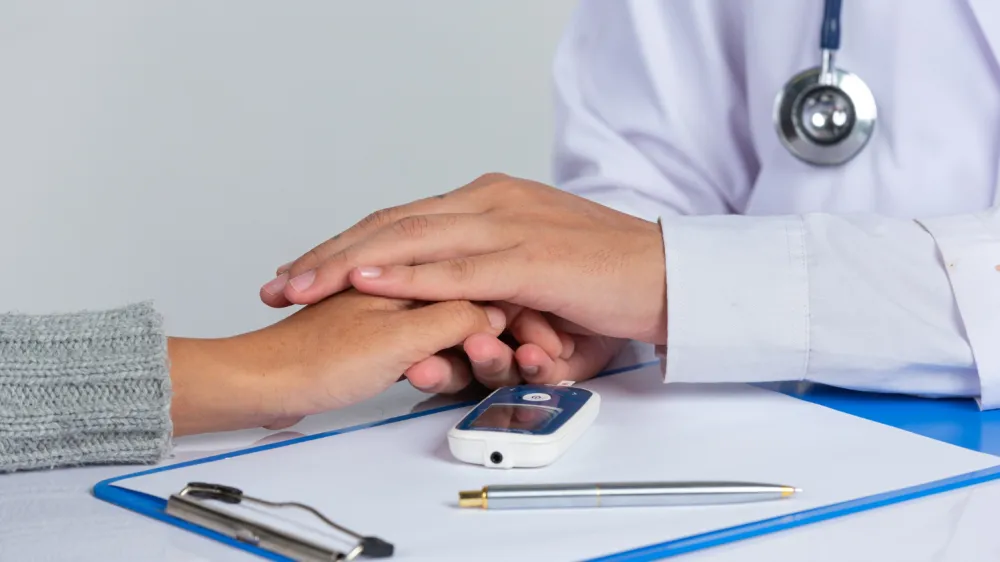
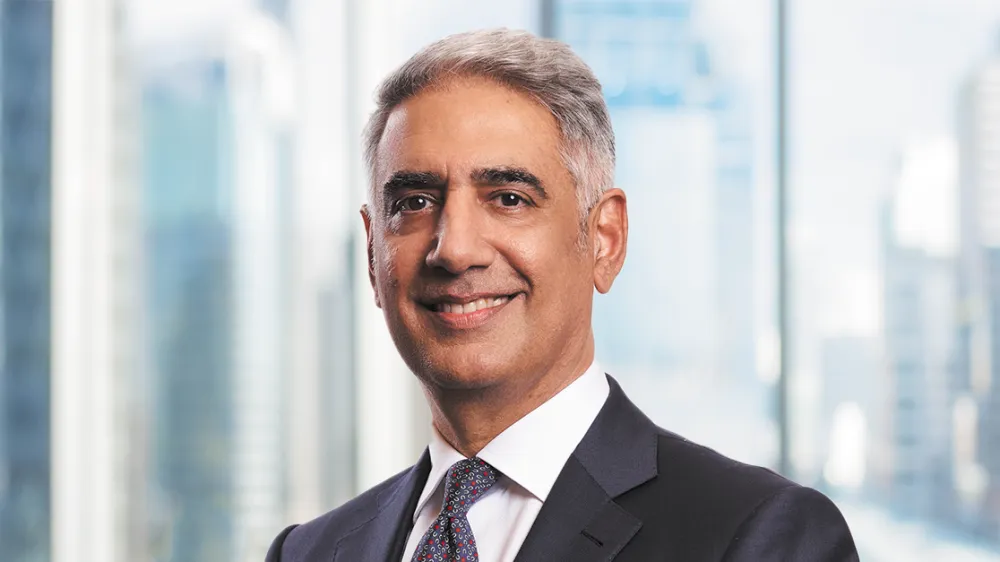
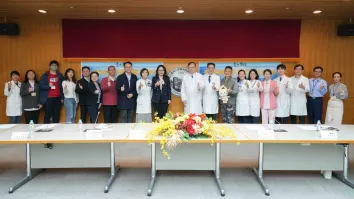
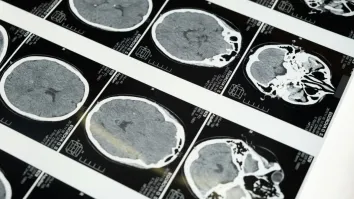
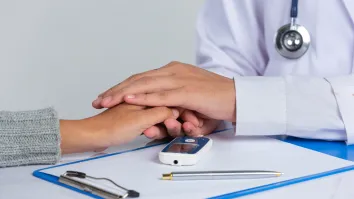














 Advertise
Advertise






